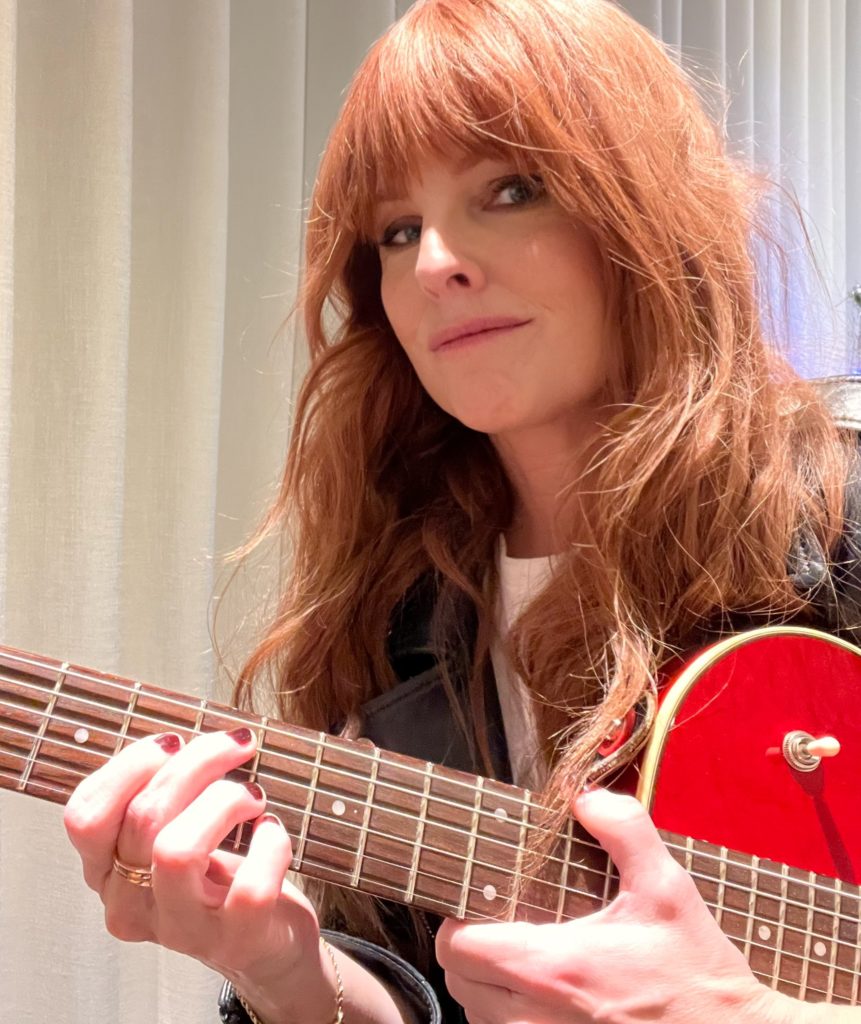WHAT WE IGNORE ABOUT MUSIC STREAMING… BUT SHOULD KNOW!
This article was originally puslished in French in :

Spotify recently unveiled its annual wrap, revealing to us, artists of the music sector, the number of streams our songs received throughout the year and the number of people who listened to our music. Simultaneously, subscribers to online streaming platforms also received their reports, discovering the artists who kept them company all year long. Unfortunately, these artists are not adequately compensated for the value of these streams.
Last week, artist Damon Krukowski spoke out in The Guardian to explain what this compilation doesn’t say: artists deserve to be better paid for all these plays. At the same time, Artisti, of which I am the Chairperson, launched a mobilization campaign to denounce the unfair distribution of royalties and call for a reform of the Copyright Act.
Music performers do not receive fair compensation when their music is streamed on demand (the type of streaming offered by pay-per-use platforms that allow for the immediate listening of a specific song on any device). Damon Krukowski argues that the maximum a soundtrack can generate on Spotify is $0.003 US ($0.00406 CA).
From this tiny amount, almost nothing reaches the performers!
Indeed, the monies paid by the platforms are not directly transferred to the performers, unlike what is done for music authors (lyricists and composers). In the case of performers, payments go through several intermediaries (distributor, record label, and record producer).
Each intermediary takes the share it believes it deserves. At the end of the chain, only crumbs are left for the performer. In short, if the featured artist receives any payments for this form of streaming, it is often a tiny amount. As for accompanying artists (instrumentalists and chorists), they receive nothing for on-demand streaming of their music, as the contracts that bind them to record producers do not provide for any royalty payments.
The inadequate compensation for performing artists whose music is listened to on-demand is a global issue, but three countries have found a solution. Spain, Belgium, and Uruguay have established mechanisms to ensure that performing artists receive an equitable compensation. Why Canada could not do the same?
The issue of streaming compensation cannot be resolved by streaming platforms. Their proposals will not ensure that money reaches performers. Instead, payment must go directly to them or the collective society representing them. To achieve this, the federal government has the power to make a difference by amending the Copyright Act to include a remuneration right that guarantees royalties for each stream of their music on online platforms.
We implore the Canadian Minister of Heritage, Pascale St-Onge, and the Minister of Innovation, Science, and Economic Development, François-Philippe Champagne, to end this unfair situation as quickly as possible. We encourage the public to relay our message to elected officials.
For the sake of music!
